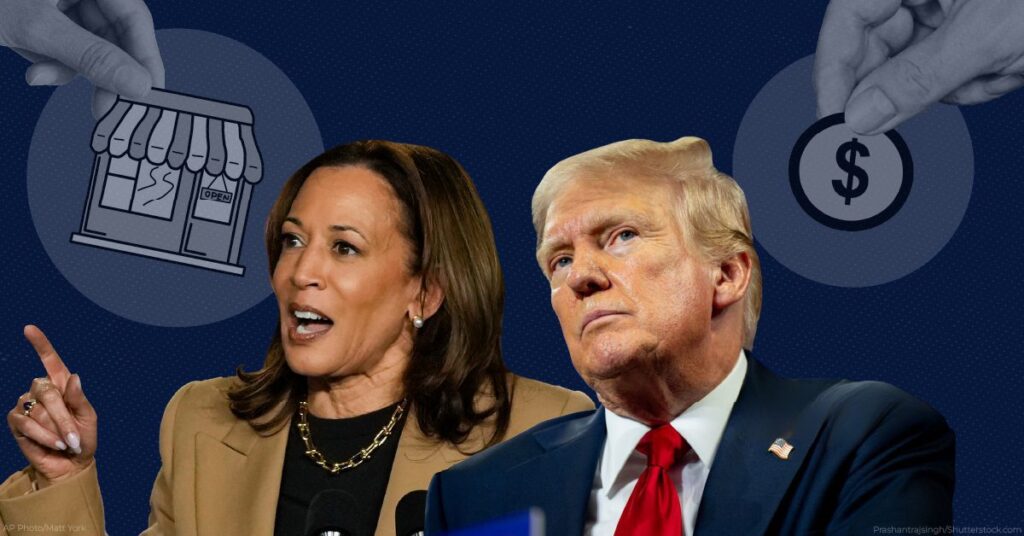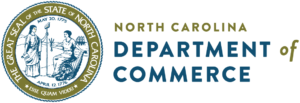Kamala Harris Pledges Support for Small Businesses Amid Tariff Controversy
Vice President Kamala Harris has introduced economic policies aimed at reducing expenses and enhancing capital access for small business owners. These measures come as a response to the significant financial challenges faced by entrepreneurs, particularly the average $40,000 startup cost. However, former President Trump’s proposed tariffs could increase these costs, complicating the situation for small businesses.
Harris aims to expand the tax deduction for startup costs from $5,000 to $50,000 to alleviate financial burdens and promote entrepreneurship. “As President, one of my highest priorities will be to strengthen America’s small businesses,” she stated in New Hampshire. Harris also plans to simplify tax filing with a standard deduction, saving small businesses time and money.
Her administration intends to modernize outdated regulations that hinder access to federal funding for small businesses. Moreover, she has proposed a new fund to assist the smallest banks in covering interest on loans to new businesses. Congressional approval is required for these initiatives, which could face opposition if Republicans hold a majority.
Trump’s Tariff Plans Could Impact Small Businesses
While Trump has not outlined specific small business aid, his tariff proposals could negatively affect them. A proposed 20% tariff on all imports and a 60% tariff on Chinese goods could function as a tax on American households, potentially disrupting supply chains and increasing costs for businesses reliant on imports.
Economists estimate that such tariffs could lead to 70,000 fewer jobs created monthly. Importers would face difficult choices: absorbing costs, passing them to consumers, or finding new suppliers. The Brookings Institution warns that repercussions would impact firms selling or using imported goods, likely depressing production and employment while raising prices.
Additionally, Trump’s Project 2025 plan would end disaster aid for small businesses, complicating recovery from severe weather events. During his presidency, Trump reduced federal support for small businesses, leading to permanent closures for many. Notably, he has been accused of not paying small business contractors throughout his career.





